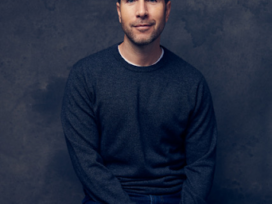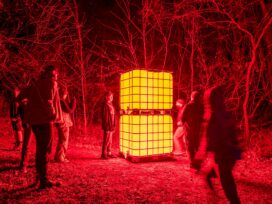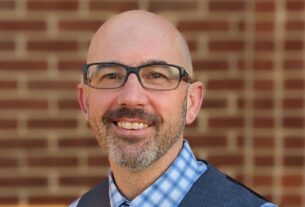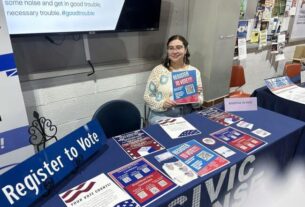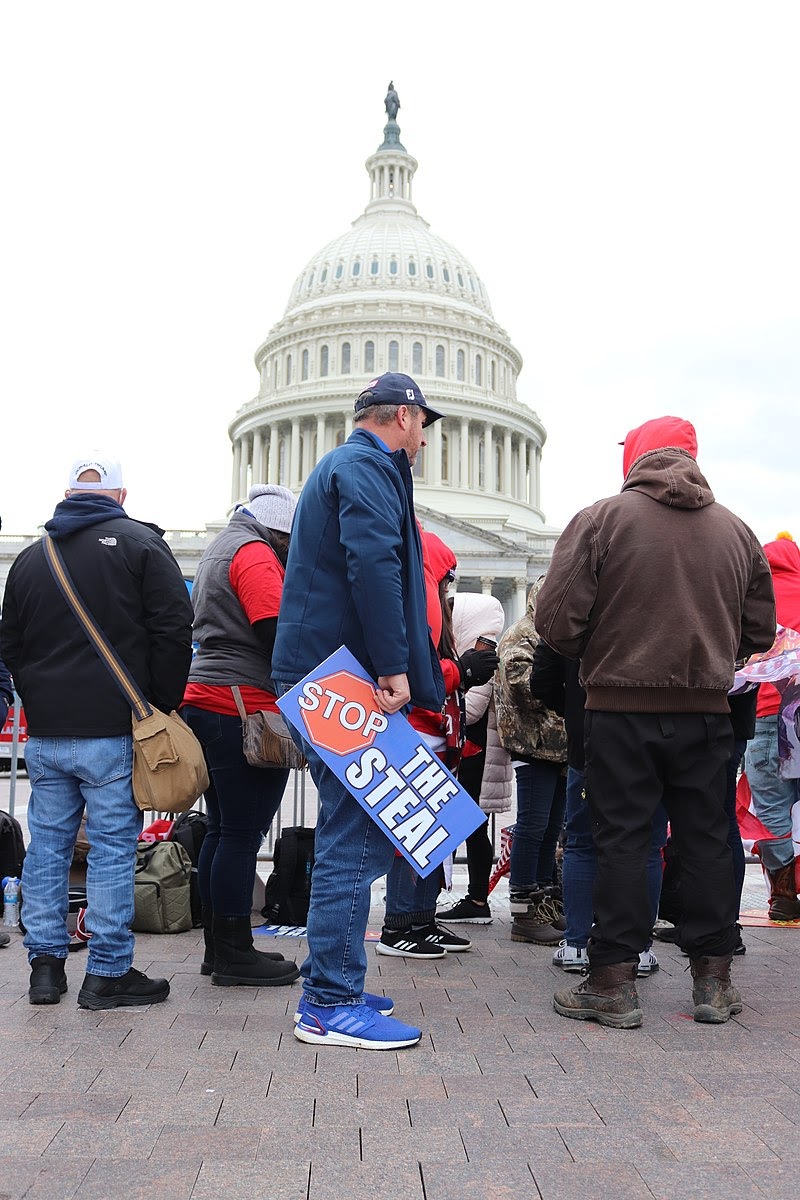
The Attack on our Capitol and American Democracy
The events of Jan. 6 will forever be remembered. Those who study it in 100 years will be better able to define the lasting implications than we are now; however, that does not mean we have to wait for answers. As the nation copes with the insurrection that left five Americans dead, including Capitol police officer Brian Sicknick, people like University of Indiana-South Bend political science professor Dr. Elizabeth Bennion are discussing what went wrong that day and how we move forward at informative events like PVCC’s webinar The Attack on the Capitol and American Democracy.
Dr. Bennion began her presentation by explaining how that morning, members of the U.S. House of Representatives and Senate convened at the Capitol to certify the electoral votes of the 2020 election. Joe Biden’s victory over incumbent President Donald J. Trump had been a source of intense disagreement throughout the preceding months, but the events that would unfold at the Capitol would be seen by many as one of the lowest points in modern American history. Intense rhetoric, tribalism, and even conspiracy theories led supporters of President Trump to breach the Capitol Building after a Stop The Steal rally at the White House.
After providing an overview of the events at the Capitol, Dr. Bennion discussed the repercussions that followed. President Trump was permanently banned from Twitter, and he faced backlash from both sides of the aisle for his role in perpetuating the grievances of the mob which led to a historic second impeachment, the most bipartisan one in American history. Dr. Bennion provided a list of inflammatory quotes from President Trump that stoked the insurrection as well as statements that Dr. Bennion said “seemed to justify the violence” as the breach was in progress.
Dr. Bennion also laid out the defense for president Trump. “There is…a questionable cause fallacy; just because something happens after something else doesn’t mean that it caused it,” said Dr. Bennion.
Dr. Bennion also discussed the basis for President Trump’s claims of voter fraud. The president, in both the 2016 and 2020 elections, made unsubstantiated claims of voter fraud. After his November defeat, President Trump’s legal team brought cases before courts in multiple swing states, the overwhelming majority of which were unsuccessful. President Trump’s own election security commission endorsed the narrative that the election was the “most secure in American history.”
Dr. Bennion went on to say that the reason such a large portion of Americans believe the president’s unsupported claims is due to partisanship, echo chambers, and confirmation bias. “We seek out evidence… that is consistent with our beliefs,” said Dr. Bennion.
Dr. Bennion concluded her presentation by discussing how we as a society can combat the disinformation and tribalism that led to the tragic events of Jan. 6. Dr. Bennion highlighted the importance of “talking outside of our silos, civic engagement, education and critical thinking. “We are the ones we have been waiting for.”
In the Q&A session following the event, Dr. Bennion answered questions regarding the tactical strategy of the mob, potential involvement by GOP members of Congress, and accountability for those involved.


